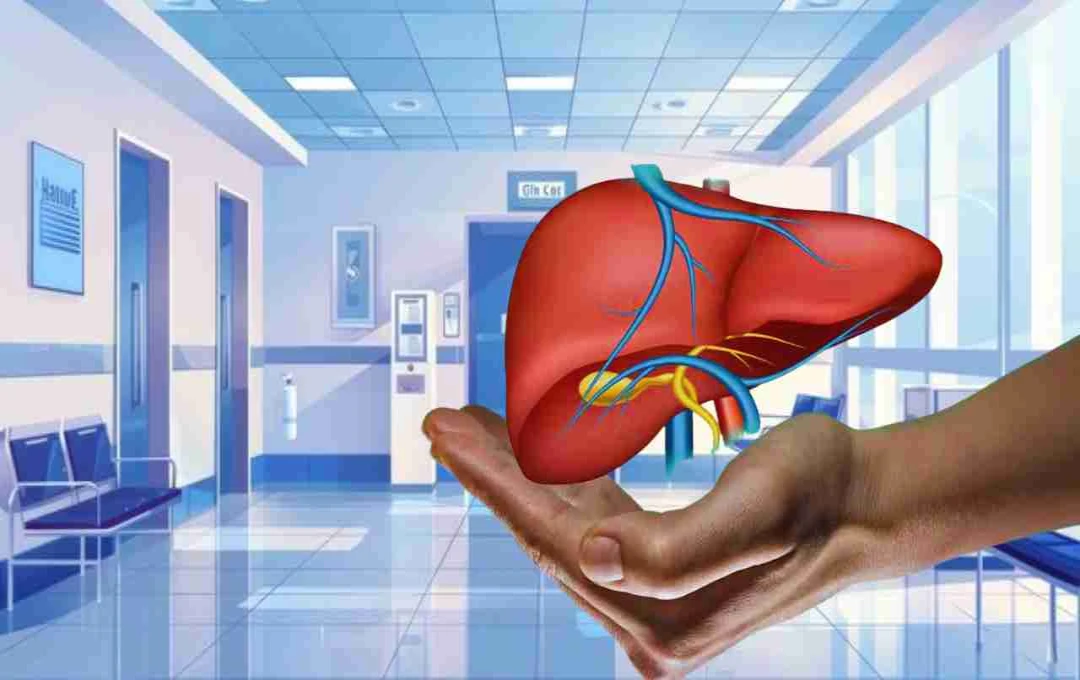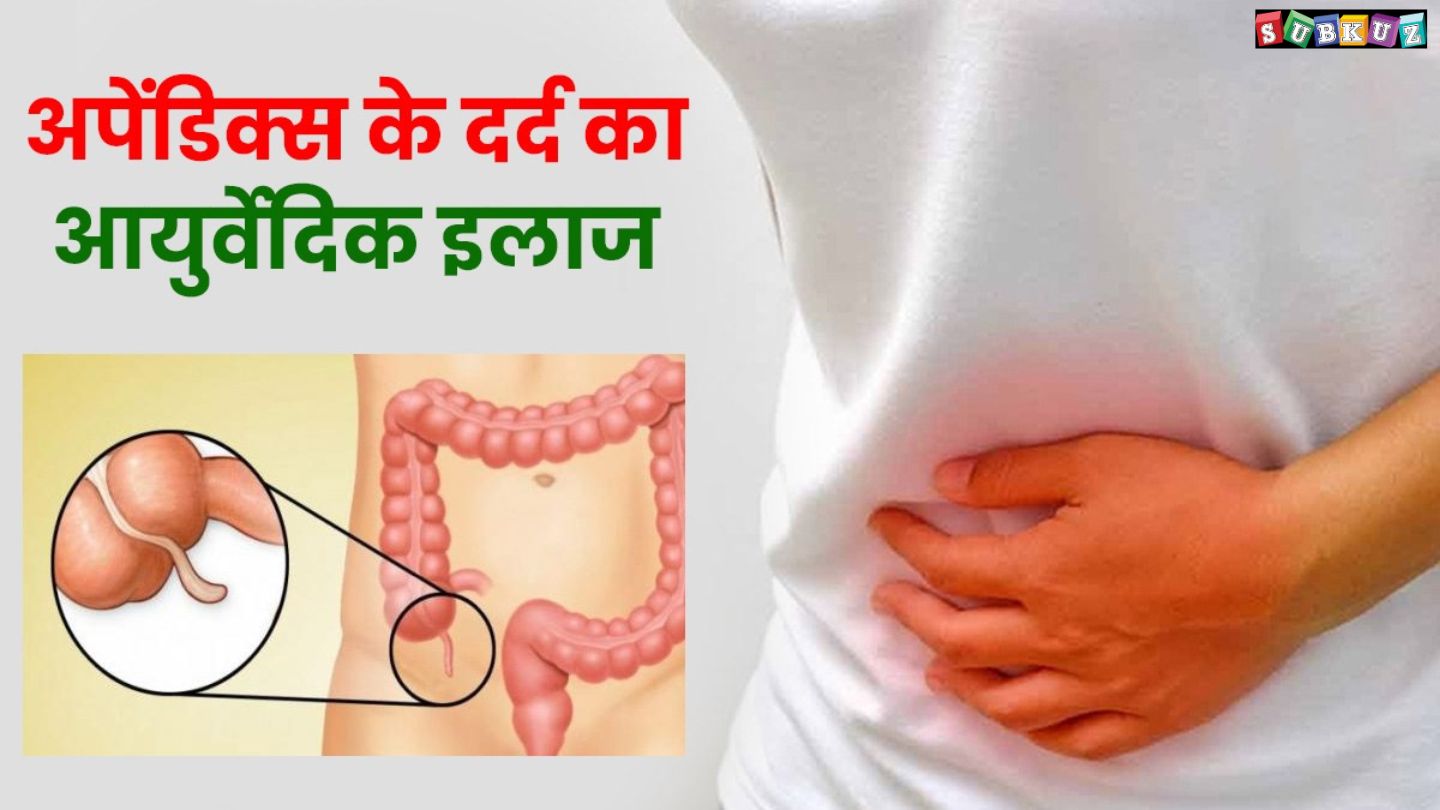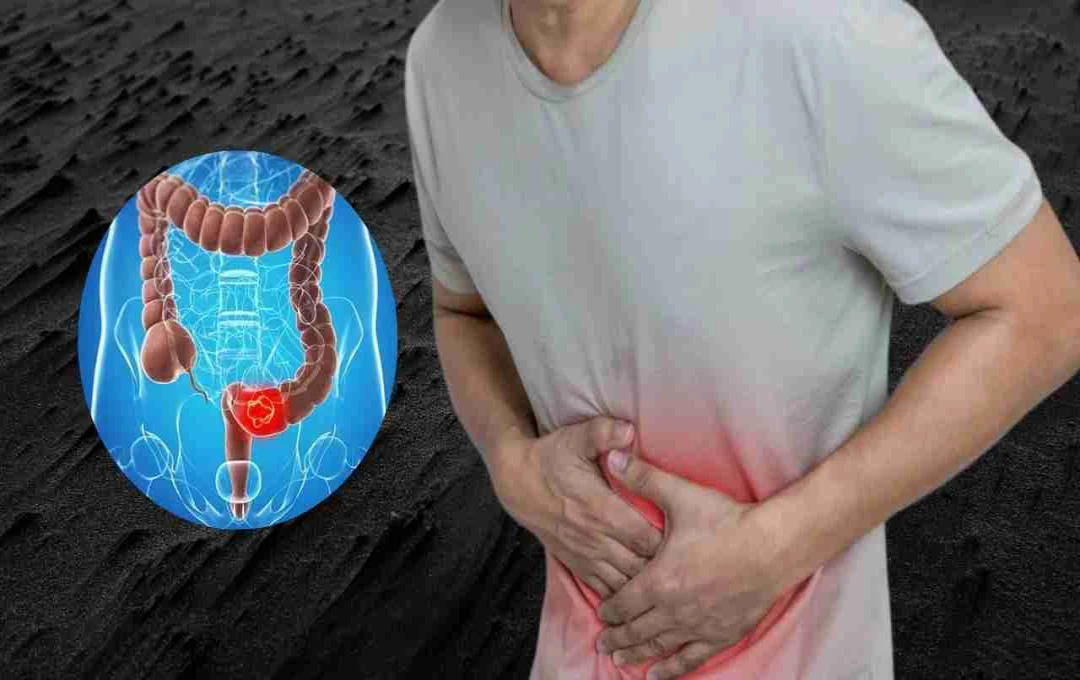The liver is a vital organ in our body, working tirelessly day and night. It not only purifies our blood but also aids in digestion and provides energy to the body. However, when the liver is affected, especially by diseases like hepatitis, it can severely impact overall health. Today, we will discuss hepatitis, a disease that can severely damage the liver, its symptoms, causes, and preventive measures.
What is Hepatitis?
Hepatitis is a disease in which the liver swells and malfunctions. This disease is mostly caused by viruses that gradually damage the liver. When the liver swells, its function is impaired, leading to various health problems. If left untreated, it can lead to serious and life-threatening conditions like liver failure, cirrhosis, or liver cancer. Therefore, it is crucial to take hepatitis seriously and seek timely treatment.
Types of Hepatitis
Acute Hepatitis: In this type, symptoms appear suddenly. This infection resolves within six months. Typically, symptoms like fever, fatigue, abdominal pain, vomiting, or loss of appetite last for a few days or weeks and then subside.
Chronic Hepatitis: This occurs when the infection persists for more than six months. Liver inflammation gradually increases, affecting liver function. Without treatment, it can progress to liver failure or cancer.
Symptoms of Hepatitis

Initial symptoms of hepatitis can be very mild or general, often leading to neglect. Some key symptoms include:
- Frequent diarrhea
- Fatigue and weakness
- Loss of appetite or complete loss of appetite
- Pain or discomfort in the right side of the abdomen
- Mild fever and body aches
- Nausea or vomiting
- When hepatitis becomes severe, the following symptoms may appear:
- Yellowing of skin and eyes (jaundice)
- Dark urine and pale stools
- Itching and burning sensation on the skin
- Difficulty concentrating or forgetfulness
- Sleepiness or mental confusion
Causes of Hepatitis
- Viral Infection: Hepatitis is primarily caused by viruses. There are different types, such as Hepatitis A, B, C, D, and E. Hepatitis A and E usually spread through contaminated water or food. Hepatitis B, C, and D enter the body through infected blood or close physical contact.
- Poor Hygiene: Lack of hygiene is a major cause of hepatitis. Drinking contaminated water or consuming unclean food can spread the disease. Therefore, it is essential to consume clean food and water.
- Contaminated Needles or Equipment: If needles, sutures, or other medical equipment are not properly cleaned, they can also spread hepatitis. Hospitals and clinics must ensure that equipment is thoroughly cleaned and safe.
- Blood Transfusion: Receiving infected blood can also cause hepatitis. Therefore, blood testing and the use of clean equipment are essential.
- Excessive Alcohol Consumption: Excessive alcohol consumption weakens the liver. This increases liver inflammation and the risk of diseases like hepatitis. Therefore, alcohol consumption should be limited.
Easy Ways to Prevent Hepatitis

- Pay Special Attention to Hygiene: Always drink clean and safe water. Boil or filter water before drinking. Avoid eating open and unclean food from outside as these can carry hepatitis viruses.
- Get Vaccinated: Effective vaccines are available to prevent Hepatitis A and B. Children and adults alike should get vaccinated to prevent this disease.
- Do Not Share Personal Items: If someone in the household is infected with hepatitis, avoid sharing toothbrushes, razors, nail clippers, or other personal items. This reduces the risk of infection spreading.
- Use Clean Medical Equipment: Needles, blades, and other equipment used during medical procedures should be thoroughly cleaned and sanitized. Using unclean equipment can introduce viruses into the body.
- Practice Safe Sex: Hepatitis B and C can also spread through sexual contact. Therefore, always use condoms during sexual intercourse to reduce the risk of infection.
- Regular Checkups for Pregnant Women: Pregnant women should get tested for Hepatitis B. If infection is detected, timely treatment is necessary to prevent the disease from affecting the baby and ensuring a healthy birth.
How to Take Care of Your Liver?
For a healthy liver, a balanced and nutritious diet is essential. Include fresh fruits, vegetables, and protein-rich foods in your diet. Minimize fried, overly spicy, or fatty foods as these put excessive strain on the liver, hindering its proper functioning. Also, limit or completely abstain from alcohol, as excessive alcohol consumption damages liver health and can lead to various diseases.
In addition, regular exercise is important. This helps maintain a healthy weight and prevents unnecessary stress on the liver. Also, do not take any medication without consulting a doctor, especially those that affect the liver. Misuse of medications can worsen liver disease; therefore, always seek proper guidance from a doctor before taking medication.
Hepatitis is a serious disease that can destroy the liver and, if left untreated, can be life-threatening. Therefore, recognizing its symptoms and taking appropriate precautions is crucial. Maintaining hygiene, getting vaccinated, and adopting a healthy lifestyle are the most effective ways to prevent this disease. If you or a family member experience any symptoms of hepatitis, immediately consult a doctor and seek timely treatment. With proper information and precautions, you can prevent this disease and maintain a healthy liver.














